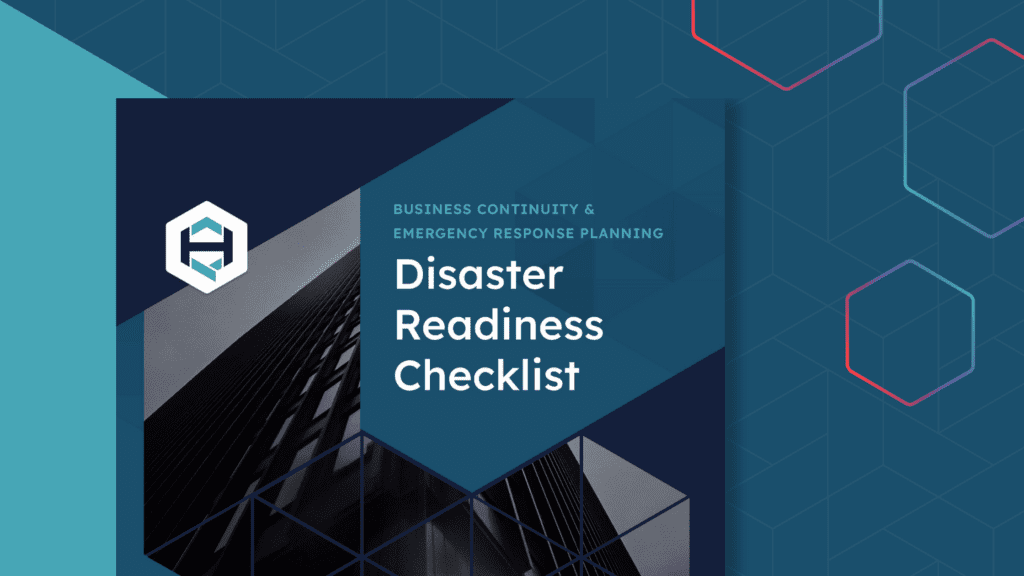
Mass notifications are mission-critical in the face of evolving cyber risks, strict compliance requirements, and growing costs of a successful cyber attack. A survey of CISOs showed that 9 of 10 organizations were at risk of a cyberattack in the following year. Trying to prevent these attacks is the first line of defense, but should […]

In 2025, security leaders face a paradox: despite increasing cybersecurity budgets, many organizations struggle to see a tangible return on investment (ROI). The culprit? Tech bloat. Too many tools in the security stack, overlapping functionalities, and a lack of strategic alignment create inefficiencies that waste resources while failing to truly harden the security posture. For […]

As we head into 2025 the stakes are higher than ever when it comes to risk management. The continued surge in cyber attacks – from ransomware to data breaches – has left organizations asking the question: How do we keep the business running when (not if) we get hit by a cyber incident? The answer […]

When most people think of cybersecurity attack recovery, they think IT: removing malware, restoring systems, patching vulnerabilities. While that’s important, that’s just the tip of the iceberg. The reality is that recovery from a major cyber attack goes far beyond the IT department, it involves every function of the business: PR and executive leadership, HR, […]

Organizations must prepare for various scenarios, including those where users across the business outside the response team play critical roles. During a major attack, key business units and leadership teams rely on IT and Security to provide communication options that ensure business continuity. This reliance underscores the importance of enabling secure, out-of-band communication for internal […]

Not all out of band communication tools are created equal. Learn why dedicated solutions like ShadowHQ are essential for secure, resilient, and reliable communication during a cyber crisis

In today’s fast-evolving cyber landscape, companies of all sizes are taking proactive steps to elevate their cybersecurity posture. Whether it’s for preventing a breach or recovering from one, organizations are working to strengthen their incident response and preparedness capabilities. To do this effectively, they’re blending a mix of trusted service partners and advanced technologies that […]

Modern cyber threats are dynamic, continuously evolving risks your organization must manage. Relying on solutions and plans from years ago may fall short in the face of a modern incident. The annual monetary damage caused by cybercrime in the United States grew by 21% in 2023 from the previous year — reaching a new all-time […]

Incident response plans prepare organizations for a wide range of possible scenarios that threaten the business. Creating these plans beforehand gives teams a playbook to look to when a cybersecurity incident response becomes necessary. According to IBM, the cost of a data breach in 2023 was an average US$4.45 million — a 15% increase over […]

Data breaches are a growing concern across all industries, and for good reason — they’re expensive and possibly an existential threat. The increasing data breach costs make defending against them required, not optional. The latest IBM Cost of a Data Breach in 2024 report indicates that the average global cost of a breach is US […]











